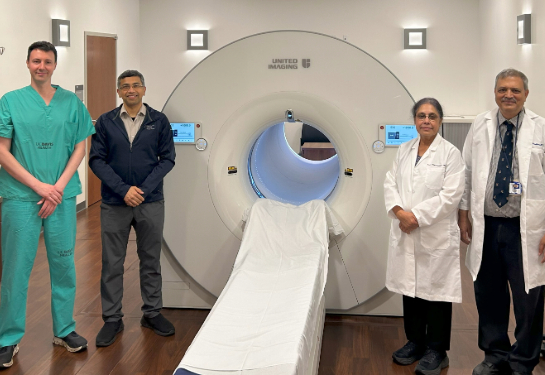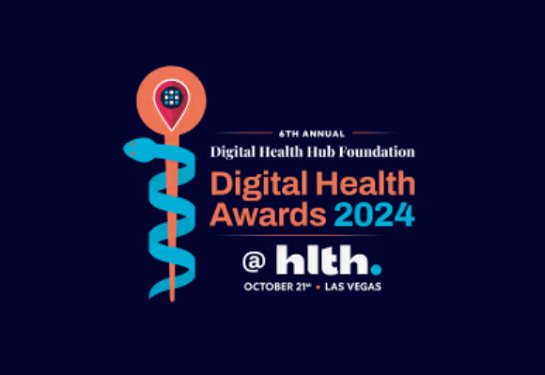UC Davis Health announces collaboration to advance remote care options
UC Davis Health has announced a new collaboration with BioIntelliSense that advances remote patient monitoring of vital signs across care settings. The effort will involve the FDA-cleared BioIntelliSense wearable technology and algorithmic-based BioCloud™ data analytics.
At the center of this endeavor is a committed virtual care strategy that includes the deployment of BioIntelliSense’s data-driven clinical intelligence platform. The goal is to create a new standard of remote care that reduces the cost and burden of traditional methods of vital sign collection.
“Remote care represents a safe and effective way for many people, especially in rural and low-income communities, to access necessary health care services in more convenient ways,” said David Lubarsky, CEO of UC Davis Health. “As one of the nation’s leaders in telehealth, we’ve seen how real-time technology connects expertise with need, closing large time-lapse gaps in health care delivery.”
“Now, with continuous and simultaneous Internet connectivity enabling even more remote care, we can have hospital-level monitoring of multiple vital signs wherever patients are - hospital, traveling, or at home. Patients will benefit from lower levels of human monitoring and shorter hospital stays. Providers will immediately be able to note any deviations from expected recovery or response to treatment, and communicate with the patient, family caregivers and other providers as soon as the always-on monitoring predicts a potential or real negative turn in health. This real-time remote monitoring will lead to more timely interventions and better health outcomes, achieved in lower acuity settings that are more patient- and family-friendly, such as the patient’s home.”
As a leading academic medical center with a patient-centered focus on digital transformation, UC Davis Health is poised to rapidly advance remote care initiatives with BioIntelliSense that combine an effortless user experience with medical grade clinical accuracy.
The introduction of BioIntelliSense’s medical-grade continuous data and smart-alerting technology within the in-patient setting will give clinicians a high-resolution view of a patient’s health. The passive collection of continuous multi-parameter data and sophisticated algorithms enables better recognition of hemodynamic stability that can lead to earlier hospital discharge, resulting in increased patient satisfaction.
The benefits of this continuous care model extend beyond the hospital to the home. After discharge, patients can monitor vital signs, symptoms, and physiologic biometrics for earlier detection of possible problems.
“We formed the Digital CoLab at UC Davis Health to support open innovation with industry, pharma and payers by co-designing, co-validating and co-transforming breakthrough technologies in digital health, devices and AI,” said Ashish Atreja, CIO and Chief Digital Health Officer at UC Davis Health. “We are thrilled about partnership with BiointelliSense that supports our strategic goal of delivering high acuity care at home that is grounded in equity so no patient gets left behind.”
In the coming months, UC Davis Health, Digital CoLab and BioIntelliSense will test continuous care models and learn how best to deliver an exceptional patient and clinical experience while prioritizing patient safety and efficacy. In the process, they’ll expand access to BioIntelliSense’s remote care solution to create a more equitable, accessible and affordable continuous monitoring experience across patient populations and care settings.
“We are proud to embark on this strategic collaboration with UC Davis Health’s Digital CoLab to advance remote care for patients across the care continuum,” said James Mault, MD, Founder and CEO of BioIntelliSense. “With cost effective, data-driven continuous care, we can bend the cost curve and extend the reach of advanced remote care technologies to improve how we treat and care for patients with complex conditions including oncology, orthopedics, cardiac, infectious disease and renal disease.”



